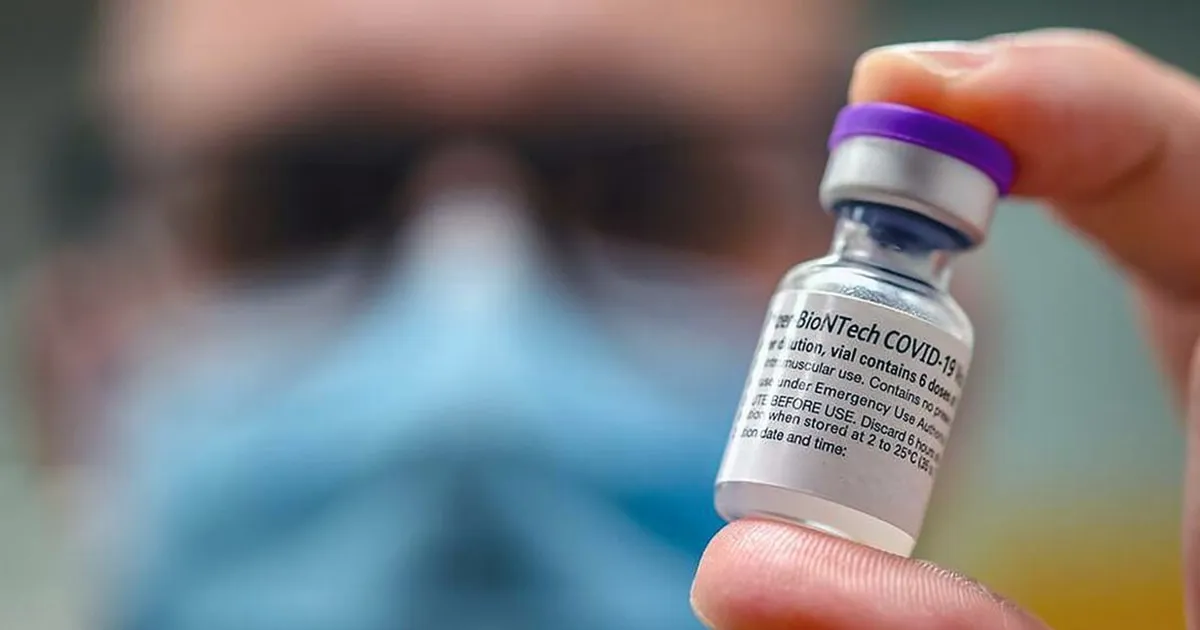
This weekend, Moderna announced a significant milestone in the fight against Covid-19: the Food and Drug Administration (FDA) has officially approved its lower-dose Covid-19 vaccine, specifically designed for adults aged 65 and older, as well as individuals between the ages of 12 and 64 who have at least one medical condition that increases their risk for severe Covid-19. This approval, which is strictly limited to individuals who have previously received a Covid vaccine, was granted on Friday.
According to a press release issued by Moderna on Saturday, the newly approved vaccine, known as mNEXSPIKE, is expected to be available in the United States in time for the 2025-26 respiratory virus season, which begins in the fall. This announcement comes as Moderna also works on updating its original vaccine to specifically target the LP.8.1 variant this fall. The company had submitted an application to the FDA back in May for approval of this updated formula.
The newly approved vaccine, mNEXSPIKE, contains only one-fifth of the dose of Moderna’s original Covid vaccine, Spikevax. It is designed as an alternative for individuals who prefer a lower-dose option rather than serving as a replacement for existing Covid vaccines. However, it is important to note that young, healthy adults will not be eligible to receive this vaccine, despite their inclusion in Moderna’s clinical trial.
The FDA has imposed similar restrictions on Novavax’s Covid vaccine, which received approval last month. Notably, Friday’s approval marks the first instance of the FDA granting a vaccine since the previous administration's push for stricter restrictions on vaccine eligibility and approvals. In addition, the FDA announced last month that it would limit the approval of updated Covid shots to older adults and younger individuals with underlying medical conditions.
Adding to the evolving landscape of Covid vaccine recommendations, Health and Human Services Secretary Robert F. Kennedy Jr. revealed last week that the Centers for Disease Control and Prevention (CDC) would no longer recommend Covid vaccines for healthy children and pregnant women. The CDC’s website has been updated to suggest that parents consult with their healthcare providers regarding vaccination for children aged 6 months and older.
The Trump administration has also mandated that new Covid vaccines undergo clinical trials using an inert placebo. This means that some participants would receive the new vaccine while others would receive an inactive substance, such as saline, to compare results. Many vaccines are typically tested against older approved versions, a method viewed as more ethical.
For its new vaccine, Moderna utilized an “active comparator” approach in its clinical trials involving approximately 11,400 participants aged 12 and up. According to Moderna, mNEXSPIKE generated higher antibody levels compared to the original Covid shot. Furthermore, the company stated that the new vaccine resulted in fewer local reactions, which often include redness or swelling at the injection site. Systemic reactions, such as fever, headaches, or chills, were found to be comparable between the two vaccines.
In its press release, Moderna outlined the main side effects associated with mNEXSPIKE, which include injection site pain, fatigue, headaches, and muscle pain. As the vaccination landscape continues to evolve, mNEXSPIKE represents an important development for at-risk populations seeking an effective and lower-dose option against Covid-19.